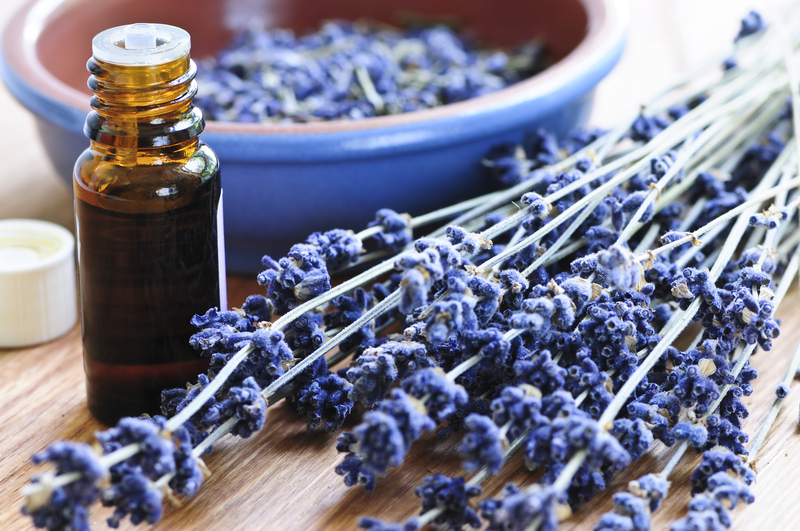As awareness of environmental issues grows, many people are seeking ways to minimize their ecological footprint. One area where we can have a significant impact is in our choice of cleaning products. Traditional cleaning solutions often contain harmful chemicals that can pollute the air, water, and soil. In contrast, environmentally friendly cleaning solutions offer safe, effective alternatives. This article explores the importance, benefits, and types of eco-friendly cleaning products, and provides tips for making the switch.
Why Choose Environmentally Friendly Cleaning Solutions?
The need for environmentally friendly cleaning solutions has never been more evident. The chemicals found in many conventional cleaning products can cause a range of health and environmental problems. These include:
- Air Pollution: Volatile organic compounds (VOCs) emitted by traditional cleaners contribute to indoor air pollution, which can exacerbate respiratory conditions such as asthma.
- Water Pollution: Run-off from these cleaning agents often ends up in water bodies, leading to the contamination of aquatic ecosystems and potentially affecting drinking water supplies.
- Health Risks: Exposure to chemicals like ammonia and bleach can lead to skin irritations, respiratory issues, and even more severe health problems over time.
By opting for eco-friendly cleaning products, you can reduce these risks substantially, contributing to a healthier home environment and a less polluted world.

Types of Eco-Friendly Cleaning Solutions
The market for environmentally friendly cleaning solutions has expanded significantly in recent years, offering various types to meet different needs. Here are some popular categories:
Natural All-Purpose Cleaners
These are versatile solutions made from ingredients like vinegar, baking soda, and essential oils. They can clean surfaces ranging from countertops to bathroom tiles effectively, without the need for harsh chemicals.
Biodegradable Dish Soaps
Traditional dish soaps often contain phosphates and other chemicals that can harm aquatic life. Biodegradable dish soaps use plant-based surfactants that break down more easily in the environment.
Eco-Friendly Laundry Detergents
These detergents are free from synthetic fragrances, dyes, and phosphates, making them gentler on both fabrics and the planet. Many also come in concentrated forms, which reduce packaging waste.
Natural Floor Cleaners
Floor cleaning solutions made from natural ingredients are safe for use on a variety of surfaces, including wood, tile, and laminate. These products often feature essential oils that leave a pleasant, natural scent behind.
Recyclable and Refillable Packaging
Many eco-friendly cleaning brands also focus on sustainable packaging. Products may come in recyclable containers or offer bulk refill options to minimize waste.
Benefits of Environmentally Friendly Cleaning Solutions
Switching to eco-friendly cleaning products can offer multiple benefits:
Healthier Home Environment
Green cleaning products contain fewer toxic chemicals, which means fewer allergens and respiratory irritants in your home. This creates a safer environment for you and your family, especially for children and pets who are more susceptible to chemical exposure.
Environmental Protection
Eco-friendly cleaning products break down more quickly and safely in the environment, reducing the risk of pollution. Many are also designed to minimize water usage and energy consumption during manufacturing, making them a more sustainable choice overall.
Cost-Effectiveness
While some eco-friendly products may initially seem more expensive, they often prove cost-effective in the long run. Concentrated formulas require smaller amounts per use, and reusable packaging can further reduce costs over time.
Better Air Quality
Unlike conventional cleaners that release VOCs, environmentally friendly cleaning solutions often use natural scents or are fragrance-free, contributing to better indoor air quality.
Ingredients to Look For
When shopping for eco-friendly cleaning products, knowing what to look for can help you make an informed decision. Here are some key ingredients:
Vinegar
Vinegar's acidity makes it an excellent disinfectant and deodorizer. It can be used to clean a variety of surfaces, from windows to floors.
Baking Soda
Baking soda is a gentle yet effective abrasive that can tackle tough stains and odors. It's also safe for use on most surfaces.
Essential Oils
Essential oils like tea tree, eucalyptus, and lavender offer natural antibacterial properties and can provide pleasant aromas without synthetic fragrances.
Lemon Juice
Lemon juice is another acidic cleaner that can cut through grease and grime. It also has natural bleaching properties, making it ideal for stain removal.
Coconut Oil
Coconut oil can be used in homemade cleaning solutions to polish wood furniture and condition leather items.
DIY Eco-Friendly Cleaning Solutions
Creating your own environmentally friendly cleaning products is easier than you might think. Here are some simple recipes you can try at home:
All-Purpose Cleaner
- 1 part water
- 1 part vinegar
- A few drops of essential oil (optional)
Mix the ingredients in a spray bottle and use it to clean countertops, sinks, and other surfaces.
Glass Cleaner
- 1 cup water
- 1 cup vinegar
- 1 tablespoon cornstarch
Combine in a spray bottle and shake well before each use. The cornstarch helps prevent streaking.
Carpet Freshener
- 1 cup baking soda
- 10-15 drops of essential oil
Mix the ingredients and sprinkle over carpets. Let it sit for 15 minutes before vacuuming.

Making the Switch to Eco-Friendly Cleaning Solutions
Transitioning to environmentally friendly cleaning products doesn't have to be overwhelming. Here are some tips to help you make the switch:
Start Small
Begin by replacing one or two of your most frequently used cleaning products with eco-friendly alternatives. Once you're comfortable, you can gradually swap out more items.
Do Your Research
Look for products that are certified by reputable organizations like EcoLogo or Green Seal. Reading reviews and researching brands can also help you make informed choices.
DIY
Experimenting with DIY solutions can be a fun and cost-effective way to make the transition. You can start with simple recipes and adjust them based on your needs.
Check Labels
When shopping, read the labels carefully to ensure the product meets your eco-friendly criteria. Look for terms like "biodegradable," "plant-based," and "phosphate-free."
Reuse and Recycle
Opt for products with reusable or recyclable packaging. Some brands offer refill stations, allowing you to reuse the same container multiple times.
Conclusion
Environmentally friendly cleaning solutions offer a multitude of benefits, from protecting your family's health to safeguarding the planet. While the initial switch may require some effort and research, the long-term advantages make it a worthy endeavor. By choosing products with natural ingredients and sustainable packaging, or even creating your own, you can contribute to a cleaner, greener future. Making small, informed choices today can lead to substantial positive impacts for generations to come.



